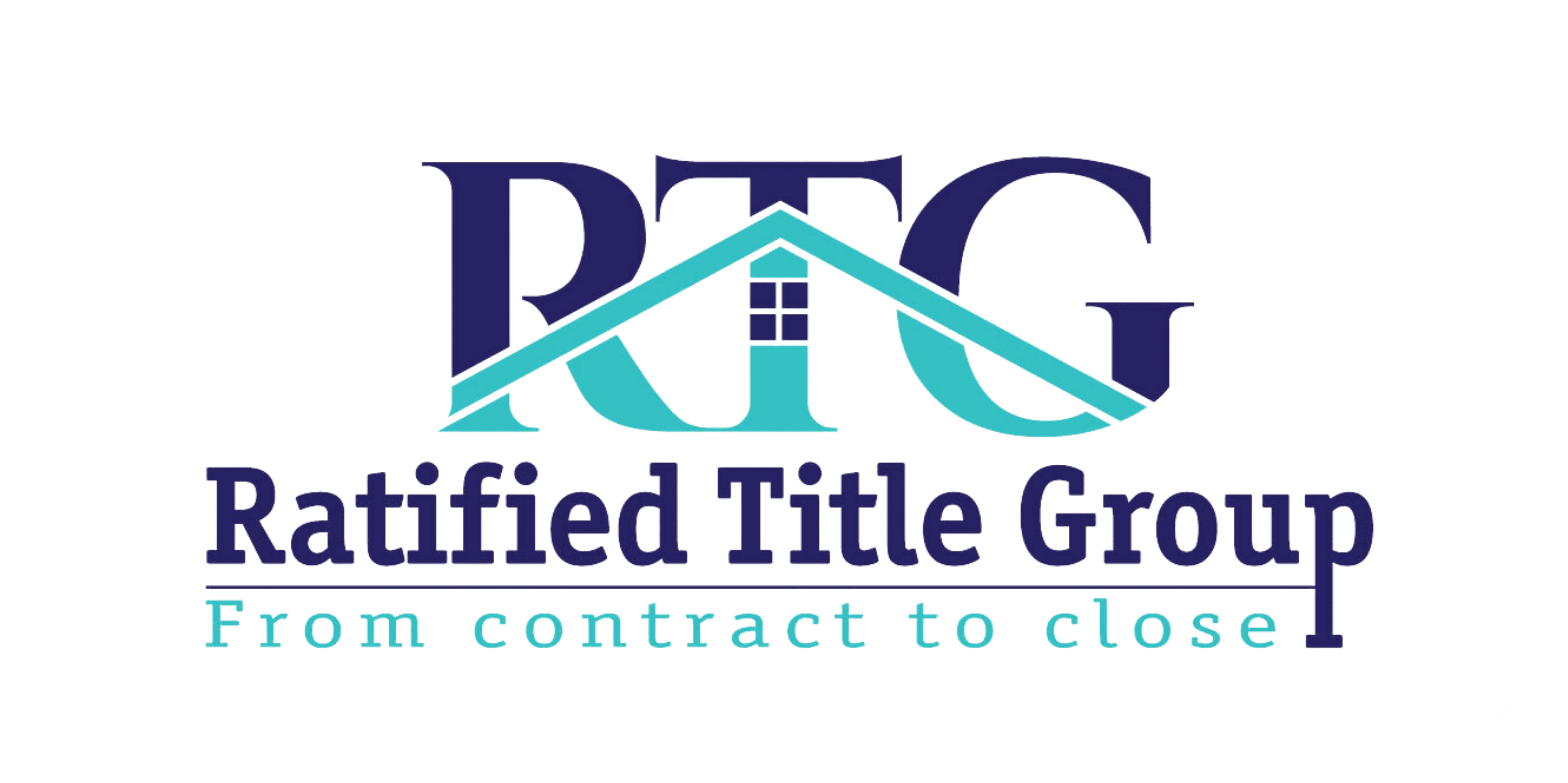Having a clear title is essential to any real estate transaction, even if you are paying cash. When you have the title to a piece of property, it means you have the right to own and use that piece of property. The title also includes the legal documents that define the property’s boundary lines and how it’s allowed to be used.
Important Title Terms
 There are important terms that you will need to know regarding titles. Here are a few of the most important ones and what they mean.
There are important terms that you will need to know regarding titles. Here are a few of the most important ones and what they mean.
- Deed – A deed is a physical, legal document recorded in your county’s land records that confirms property ownership.
- Easement – An easement is when someone else has the legal right to use a portion of your property. This could mean a utility company could dig in your yard to run a line. An easement might allow use of a road on your property. Easements are sometimes discovered during a title search, but sometimes they are tricky because there may not be a good paper trail.
- Lien – A lien is an encumbrance on a property. Typically, these will come up in a title search. Common liens on property are for unpaid taxes, unpaid homeowners’ association dues, unpaid spousal or child support and other unpaid debts. At settlement, the seller can sometimes pay liens for HOA fees and unpaid taxes. Other liens must be fully satisfied before closing.
- Survey – A drawing or map showing the precise legal boundaries of a property, the location of improvements, easements, rights of way, encroachments and other physical features.
- American Land Title Association – An organization composed of title insurance companies that has adopted certain insurance policy forms to standardize coverage on a national basis.
What is Title Insurance?
It’s important to protect your home with title insurance. Specifically, title insurance protects against a financial loss related to property ownership. When you close on a piece of property, there are two types of title insurance that can be involved in the transaction. The lender has their own policy, and then you need a homeowner’s policy for yourself. The homeowner’s policy is optional but strongly recommended.
Lenders always have title insurance on your property because they have the biggest stake in your loan. A defect in the title could cost your lender big. The Lender’s title insurance only protects the lender. That’s why it’s a good idea to get a policy to protect your own interest.
When you’re in the process of buying a new home, your title research company will check out the history of the property to ensure it has a clear title, meaning the current owner owns the property without any legal claims against it. Legal claims against a title could be liens or levies from creditors, lenders or the IRS.
Why Do You Need Title Insurance?
 You might think that after a title search, you’re home-free, but that’s where title insurance comes in handy. The title search may have uncovered a pending legal judgment or lawsuit. There could also be a previously unknown heir, a mistake in the ownership history, or another undiscovered issue that might compromise a free and clear title. If the property’s previous owner forged documents, you could wind up with a title issue.
You might think that after a title search, you’re home-free, but that’s where title insurance comes in handy. The title search may have uncovered a pending legal judgment or lawsuit. There could also be a previously unknown heir, a mistake in the ownership history, or another undiscovered issue that might compromise a free and clear title. If the property’s previous owner forged documents, you could wind up with a title issue.
If any of those issues arise after you close on your property, it could cause you, at minimum, some legal fees and a headache; and worst-case scenario, the loss of the property.
Title insurance is a one-time cost that you pay for at closing. Your interest in the loan increases over time as you repay your mortgage, so given the relatively low cost of title insurance, it pays to protect yourself in the future against title defects that could arise.
If you still have questions about titles or title insurance, we’d love to help! Reach out to us at 571-234-5589 or by email at [email protected]. For videos on lead generation, Facebook tips, handy realtor tools and more, be sure to check out our YouTube channel.

